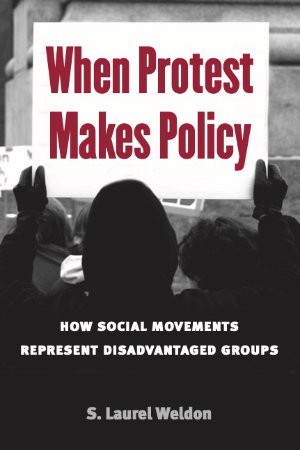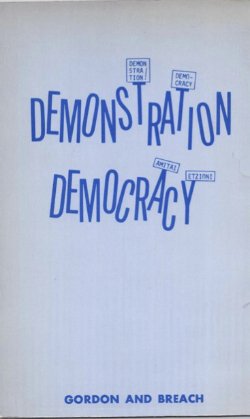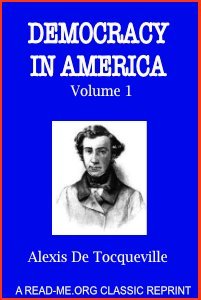By Robbie Shilliam and Lester Spence
Over the past decade, autocratization has increased worldwide, and the United States itself has seen its own democracy erode.While political scientists have begun to study both phenomena in earnest, with exceptions, they have been unable to fully wrestle with either. We suggest that this incomplete understanding is the result of the discipline’s problematic racial history. At the time of its founding in the late nineteenth century, political science provided a eugenicist justification for the very hierarchies and segregations that are now under scrutiny. Race was understood to be the quintessential subject of social scientific inquiry. After World War II, political scientists rejected eugenics and instead focused on defending democracy against totalitarianism. In doing so, they relegated racism to an ideological/irrational phenomenon and thus as extraneous to the core concern of the discipline. In this Annual Review of Political Science article, we refract the discipline’s contemporary and historical concerns with democracy through the lens of racial politics to better equip scholars with tools to examine and critically diagnose contemporary politics.
Annu. Rev. Political Sci. 2025. 28:195–211















